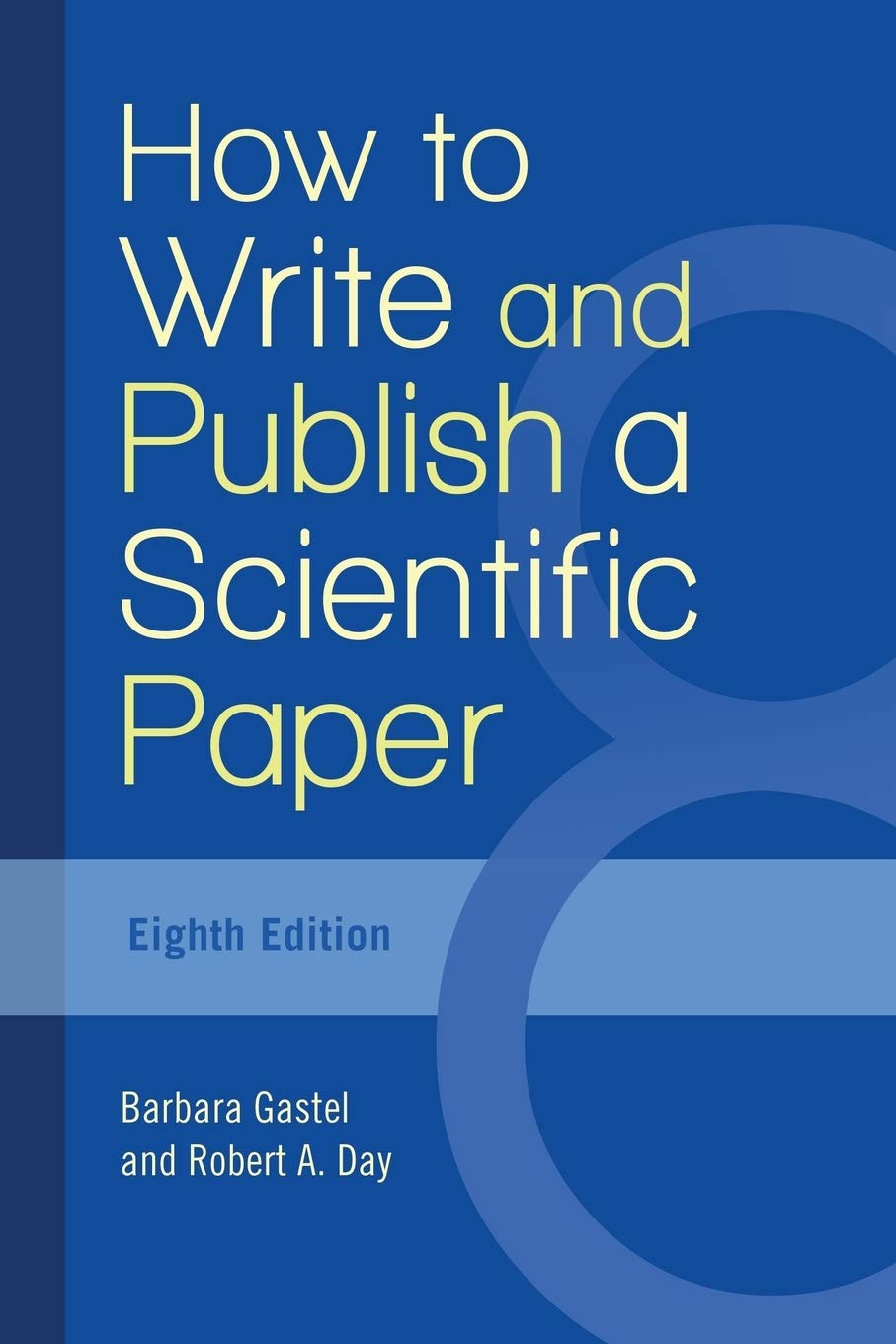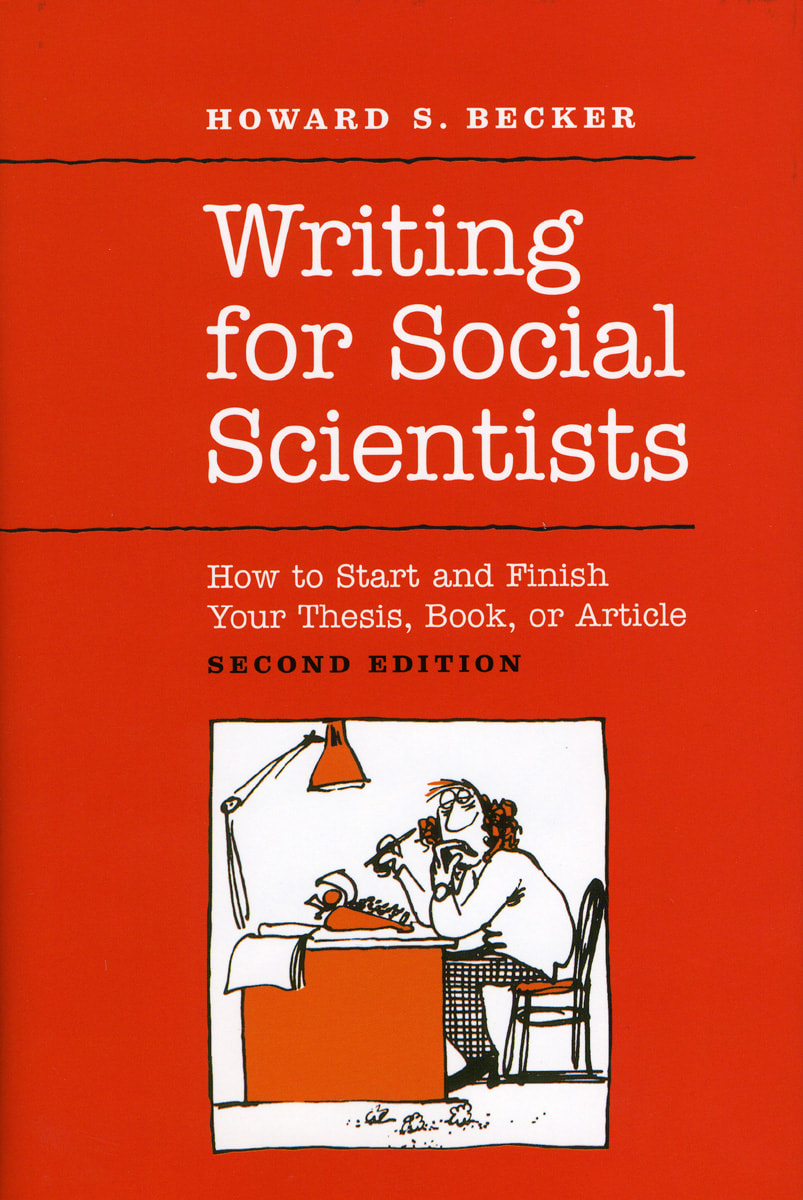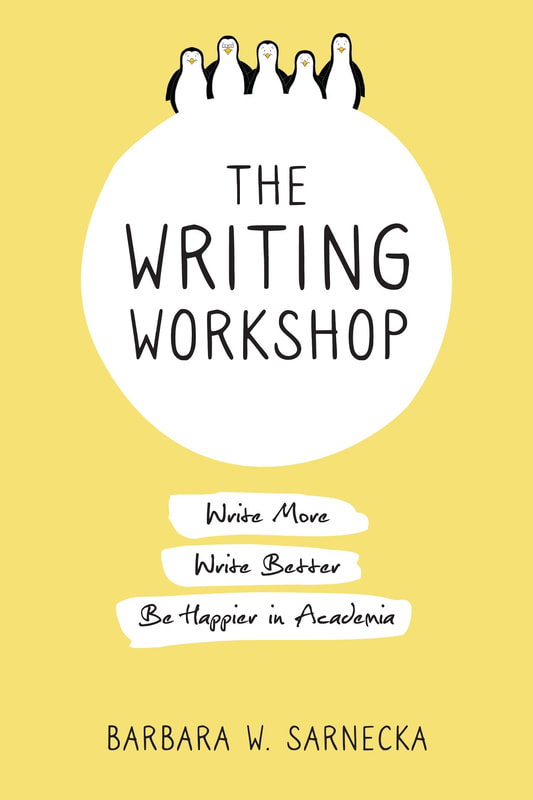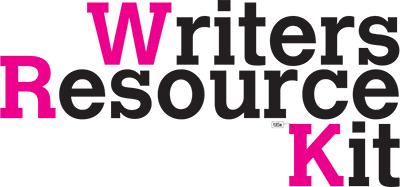|
I was pleasantly surprised to be told that my book was reviewed by Dr Nick J. Sciullo, an Assistant Professor of Communications from Texas A&M University - Kingsville, who also has an interest in helping graduate students with academic writing. I first came across Dr Nick's article 'Writing as a Humanities Ph.D. Student: Discovering the Writer in You, Exploring New Venues, and Rebuffing Criticisms' and I knew he had a similar compassion and desire as I do - to help graduate students become better writers. So I contacted him and told him about my book and asked if he might like to have a copy. I sent one to him. I did not expect him to actually read and review it. But that is exactly what this very kind man did. It is extremely difficult for someone like me who does not have many contacts or any network to publicize or market a book. So what he did for me was not only helpful professionally, but it also cause an increase in sales for me. Thank you, Nick! Your kind gesture is greatly appreciated. The review he wrote was flattering, but better than that, he got to the heart of what I was trying to do. He understood what I was trying to achieve through the book. For a writer, to be understood, rather than misinterpreted, is something so gratifying. I was trying to raise confidence in graduate student writers. I have always felt that it took more than skill and ability to write, but confidence is also very important, because it is what gives you the courage to pursue a challenging path, which is exactly what writing and publishing is. When you feel encouraged or inspired to write, it is half the battle won, because it usually takes someone so much courage and effort just to hold a pen and write, because of all the fears and excuses that is common to a new and budding writer. Let me quote a passage from his review published in the Journal of Scholarly Publishing: The book is divided into an introduction, twenty-two chapters, and a bibliography. The chapters are (in a book of only seventy-two pages in all) short. Because this is not a rigorous academic study of graduate writing education, the chapters are quick to read and filled with an optimism that never comes across as inauthentic or exaggerated. It seems, perhaps, dismissive of the book’s content to write so much about its tone, but this positive tone is tremendously important for helping graduate students become scholarly writers. Rest assured: if graduate students take this book seriously, it is difficult to imagine them not becoming more confident, better writers. You can read the full review here:
0 Comments
I found the PDF copies of these books online. It seems like the authors have made them available. I hope to share them with you here. Download a copy as a reference and refer to them as and when you need them!
Some people find writing very laborious. But for me, the writing of words come easily because I match my fingers to my thoughts. This means that whatever I am thinking comes straight out into the screen as I am typing it.
So writing can flow. It is both an act of the mind and the body. It is a dance and connection of the mind and body. I have many such tips that I pick up over the years that make writing easy to me that I wish to share with more people. So I set up a facebook page called "The Graduate Student as Writer" after the book I wrote. This page is an inventory of writing tips and advice, and also information for graduate students and academics. While there are differences between academic writing and day-to-day writing as I am doing right now, at the heart of it - the skills, knowledge, and understanding of writing are the same. They involve a process of converting thoughts and ideas into words. So I believe the advice I give are transferable across fields, across disciplines, across careers, and across people. Join me to learn more about writing at my Facebook Page! After I returned home from Honduras, I begin writing a two articles on my experiences in Útila. The first one was on my experience freediving and the second one that I have not yet completed was more of a travel writing style article on the island.
I have completed the first one on freediving: What Three Months of Freediving in Útila Taught Me In this article, I share how I learned to deal with my expectations and adjusted them, how I learned that having fun was the best way to learn, and also my experience with exhale diving, which is taking less than a full breath when you dive. Let me share with you my inspiration for this latest piece of writing - Remaining Employable when Unemployed!
I recently had a conversation with a friend, Chris, who is currently writing his memoir. I read a draft of it and was terribly impressed. I like to support young people and their pursuing of their dreams. And when I meet people like Chris or Caspar or Anqi, who are venturing out into the unknown, following the calls of their hearts, I just cannot help but to encourage them. So I was chatting with Chris and he told me he never had to find a job the traditional way - using resumes and cover letters. This was exactly what Dick Bolles talked about - that most of the jobs that are out there are not found through google. Employers usually seek out these job-seeking platforms as a last resort. If they could find someone reliable and whom they like through an easier route, they would definitely go with it. I kept Chris's experience (and random sharing) at the back of my mind. I like to store such random facts I come across at the back of my mind. That's usually the fodder I use for my writing. And then a few days later, I was reading up in preparation of my new job to begin next week. And this was what I read in a report called The Future of Work: Jobs and skills in 2030 (page 25): "Those with higher skills compete for jobs that, in better times, would be filled by the less skilled, and the result is the displacement of the latter." "The slow recovery would could also amplify the "hysteresis" phenomenon, a decline in the employability of those losing their jobs, because long-term unemployment leads to an erosion of skills, detrimental effects of detachment from working life and the loss of a network of contacts that would facilitate in job searching." And my mind connected the dots and transformed the abstract economic idea of why unemployment entails longer term-employment into a concrete idea of how one can avoid falling into this trap, how to remain relevant in the midst of uncertainty. It was easy for me to write because I have much experience with unemployment and have much contact with people who are seeking jobs. One group are mothers who after raising their kids want to return to the workforce. I met many of such mothers when I was doing my TESOL Diploma. It's like magic - my mind sources information from others, what I read, and my own experiences and then puts them together into a piece of writing. Keep reading, keep writing, and keep thinking - keep surprising yourself! :) When you feel bad about yourself, it is good to talk to a friend about it.
I had a lot of self-doubt while I was training to be a freediving instructor at Freedive Utila. And I spoke to my friend, Caspar, who is a freediving instructor, about it. He helped me to see that many of the concerns I had were not issues and he asked me if I was being too hard on myself. Besides self-doubt about being an instructor, I also felt like I had failed in my life. When I think of my friends who have a stable job back home and are making progress in their careers, and I turned in and look at myself, still traveling the world, trying to figure out what I wanted to do with my life, I felt like a failed adult. I spoke to my friend, Robert, about it. He told me that my personality was such that I was very curious about many things and childlike in my adventures. Caspar also made me realise that like him, I had many interests, and it was unlikely that we would be able to stick to just one job for long. Considering these facts, perhaps I was being too hard on myself by comparing myself to my friends who have a more single-minded focus in their lives. I had many such conversations with my friends while I was in Utila Island that made me realise that I needed to examine the expectations I had on myself. It seemed like I was constantly beating myself up over many things. Was I expecting too much from myself? Were my expectations unreasonable or unrealistic? These experiences inspired this blog post: Dealing with Expectations and Being Too Hard on Myself. I took a career break in 2019. And I returned to Singapore on the 1st of April. I came from a beautiful island in the Caribbean, off the coast of Honduras, called Útila. I will write about the island in time to come but because of the pandemic, I had trouble coming home.
We take for granted our modern world's ease of transportation and traveling. Going home is usually just a few clicks of the button at Skyscanner.com, but this time round with the lockdowns and border shutdowns, I had to research and plan how to go home and I also had to cope with the fear and uncertainty of what's ahead and whether I could cope with the situation. I wrote a blog post to talk about my last 2 weeks on the island when the lockdown was first announced and how I coped with my panic during the pandemic. Here's the blog post: Staying Calm in the Midst of the Pandemic. A part of me gets excited whenever I hear that something is impossible or very difficult. I am drawn to challenges. A part of me that likes extending frontiers, creating new knowledge, expanding our collective idea of what is true and possible.
When people said that only very few people could hands free equalize naturally and learning how to do it was very difficult or near impossible, it was a learning and writing opportunity I couldn't resist. I have a slight obsession with equalization. Sometimes when people ask me what do I like about freediving, I would say learning the techniques of equalization. So here you have the story behind my hands free (or BTV or VTO) equalization articles. These three articles chronicle my three-year depth journey in freediving - from feeling terrible that I couldn't Frenzel to feeling joyful to discover that hands free equalization could be learned; from the frustration of not being able to summon any more air into my mouth at 20 m to the surprise of discovering I still had air in my mouth at 50 m. It has been one fascinating journey. 1. Hands Free Equalization for the Beginner and the Curious This article introduces hands free equalization, what it is, what is known about it, and what we do not know about it. It also tells you how I experimented with it. 2. Lessons about Equalization Some things happen along the way that made me realised hands free equalization had its limitations. It made me want to learn Frenzel as well. But overall, it made me realised that the equalization journey was an individual one and that there were different ways to learn it and it helped to know more than one method. 3. Learning to Hands Free Equalize: How I Taught Myself to BTV I wanted to teach others the method I used to teach myself how to hands free equalize. So this one is more like an experimental teaching manual. Please enjoy these articles. May you have a wonderful equalization journey too! This morning, I set down at a cafe called Rethink here in Utila Island and finally completed my blog. I wanted a design that was simple like this one to showcase some of my writing and works to promote myself so that someone who is interested to engage me as a writer has needed information.
I have kept an assortment of blogs and written things all over the place but this is my first attempt to consolidate a collection in one place for the convenience of my readers and followers. Stay tuned. I am thinking of using this blog to direct people to the things that I write. |
Author
Researcher and educator by training, writer by profession. I write to educate, inspire hope, and uplift spirits. Archives
September 2022
Categories |
||||||||||||||||||||||||||||||||||||||





 RSS Feed
RSS Feed